EFSA’s latest annual report on pesticide residues in food covers more than 88,000 food samples collected in the European Union in 2020. Analysis of the results shows that 94.9% of samples fell within legally permitted levels. For the subset of 12,077 samples analysed as part of the EU-coordinated control programme (EU MACP), 98.2% were within legal limits.
The EU MACP analyses samples randomly collected from 12 food products – for 2020 these were carrots, cauliflowers, kiwi fruits, onions, oranges, pears, potatoes, dried beans, brown rice, rye grain, bovine liver and poultry fat. The same basket of products is sampled every three years, which means upward or downward trends can be identified for specific goods.
Of those samples analysed in the coordinated programme:
- 68.5% (8,278 samples) were found to be free of quantifiable levels of residues.
- 29.7% (3,590) contained one or more residues in concentrations below or equal to permitted levels.
- 1.7% (209) contained residues exceeding the legal maximum, of which 113 (0.9%) were non-compliant.
The detailed results of the coordinated programme are available on EFSA’s website as browsable charts and graphs, making the data more accessible to non-specialists.
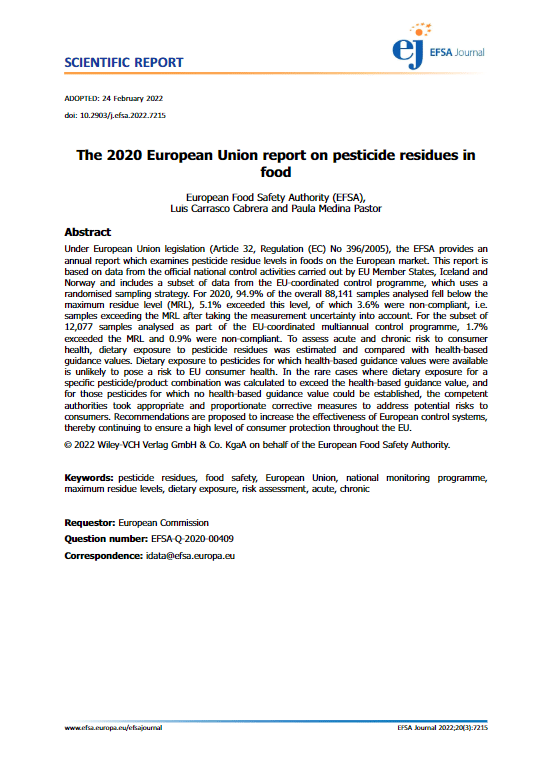
The 2020 European Union report on pesticide residues in food |
As well as the harmonised and comparable data collected under the coordinated programme, EFSA’s annual report also includes data collected as part of the national control activities carried out by individual EU Member States, Norway and Iceland.
The national control programmes are risk-based, targeting products that are likely to contain pesticide residues or for which legal infringements have been identified in previous years. These programmes give important information to risk managers but – unlike the data from the EUCP – they do not provide a statistically representative picture of the levels of residues that one would expect to find in food on the shelves in shops across Europe.
The results from the monitoring programmes are a valuable source of information for estimating dietary exposure of EU consumers to pesticide residues. EFSA carried out a dietary risk assessment as part of its analysis of the results, which suggests that the food commodities analysed in 2020 are unlikely to pose a concern for consumer health.
However, a number of recommendations are proposed to increase the efficiency of European control systems, thereby continuing to ensure a high level of consumer protection.
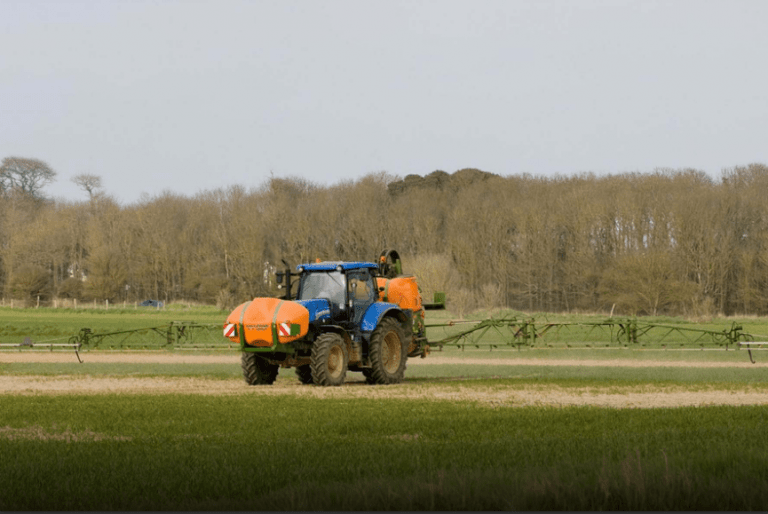
Agriculture and Fisheries Council 24 May – Main results |

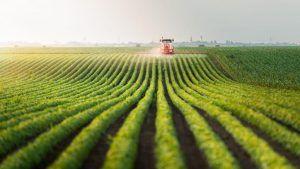

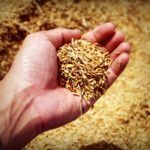
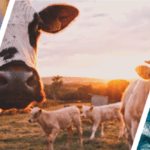
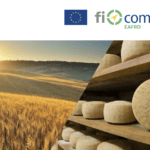
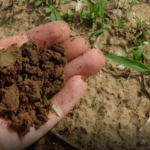
Leave a Reply